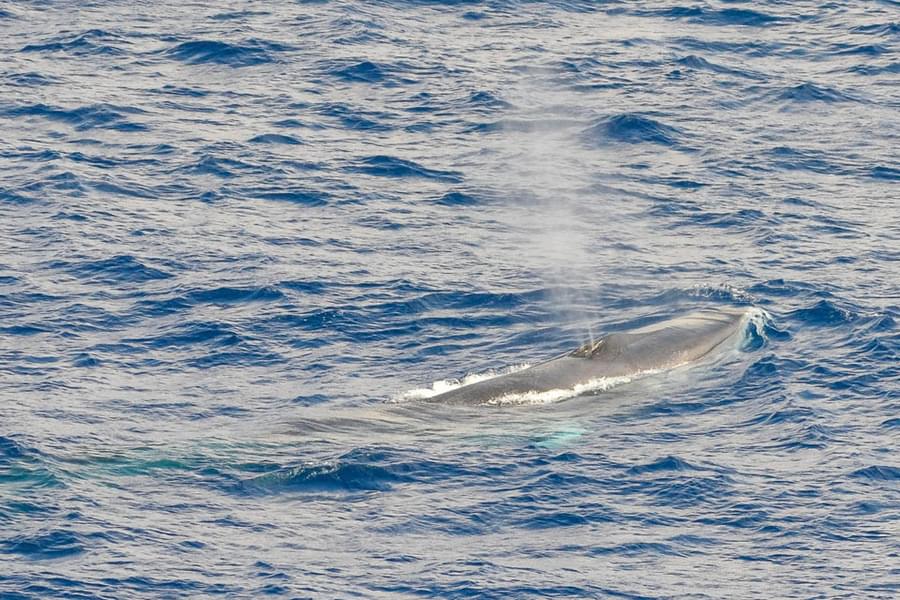On 29th September 2022, the Icelandic whaling season came to an end after 148 fin whales were butchered by Hvalur 8 and Hvalur 9.
The two ships are now docked in Reykjavik with their harpoon guns removed. The season lasted exactly 100 days from June 22nd, and Kristján Loftsson, CEO of Hvals hf., the last remaining whaling company in Iceland, is said to be happy with the results:
"September was particularly good, a lot of whales and a short time to go, and from the first day it was absolutely gentle, except for 2-3 days during the day."
Fin whales in Icelandic waters are killed for profit, despite the low demand for whale meat. Very few Icelanders buy or consume it, and exports of meat have also decreased in recent years, signifying no economic benefit for the country to continue whaling.
Iceland (along with Norway) is one of two countries in Europe that still participates in commercial whaling, despite the International Whaling Commission issuing a moratorium on commercial whaling, which came into effect in 1986.
Whales play an essential role as ecosystem engineers and maintain the health of our oceans, so continuing to hunt them has a devastating impact on the wider health of the marine environment.
Iceland resumed commercial whaling in 2006, targeting minke whales and fin whales. No whaling has occurred in the last four years, with the exception of single minke in 2021. In 2020 the only remaining minke whaling company made a public statement confirming the cessation of all its whaling operations. The company cited economic inefficiency and the extended whale sanctuary in the Faxaflói Bay, off Reykjavik, as the main reasons for ending the hunt.
The last fin whale hunts also took place in 2018, with 146 animals slaughtered, including many pregnant females and at least two rare blue whale fin whale hybrids, despite blue whales being a protected species. Iceland's annual quotas for 2019 - 2023 allowed for 209 fin whales to be hunted and killed. These current whaling permits are due to run out in 2023, and if they are not renewed, baleen whales in Icelandic waters could finally be safe. Icelandic whalers didn't take their full quota in 2022, with only 148 whales slaughtered, this included pregnant females.
During the season, whales were dying in agony as they were shot with grenade-tipped harpoons, some of which failed to explode inside them. These weapons were used on a concerning number of whales, with experts saying it was the most agonising way to be killed and that the whales would have suffered for a prolonged period of time. Photographers from the whaling station in Hvalfjörður showed one whale with four harpoons in its body.
Grenades containing the explosive penthrite detonate inside the animal, ensuring a quick and instant death, however, if they do not explode, whalers reload the harpoon and take another shot. This can take up to eight minutes, prolonging the whale's agony.
ORCA's Head of Science and Conservation, Lucy Babey, commented:
"This is 148 majestic, elegant animals who are no longer in the ocean because of a barbaric and mindless slaughter. Whaling is cruel and completely unnecessary in the 21st century and to see that commercial whaling continues in Iceland despite almost all other countries abandoning this medieval practice defies understanding. We hope that decision makers finally see that commercial whaling has no place in modern times and make this the last season that these amazing creatures need to live in fear of being butchered."

